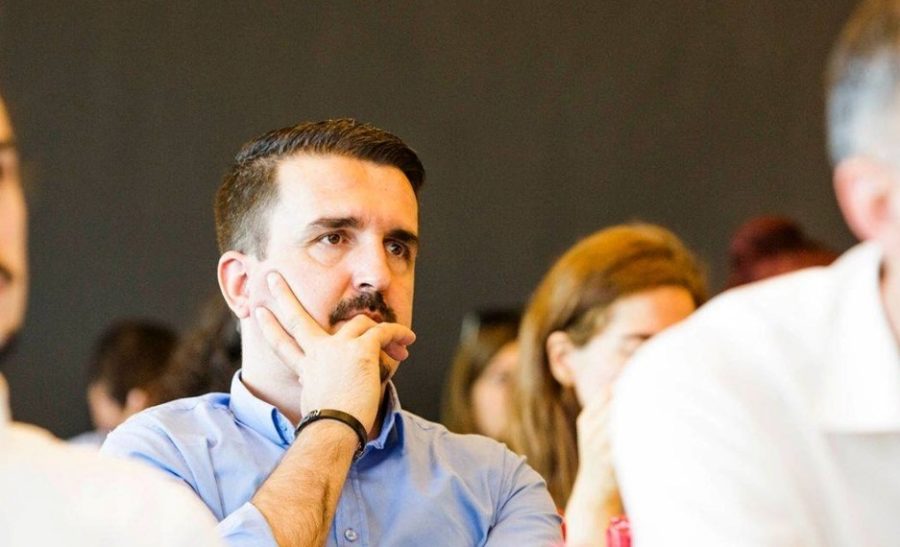Kosovo’s Prime Minister, Albin Kurti, must be more realistic and less emotional, when it comes to this historic process.
Author: Xhelal Neziri
Every American president has his own doctrine for foreign policy. Small countries have no opportunity to influence these strategies and even less to change them. The only wise thing they can do is be a constructive, honest and committed partner in their implementation. So to see their interest in the framework of those strategies. Understandably, if they want to be allied with the US, as the greatest global power.
Now when in Kosovo and beyond in Albanian geography it is opened the debate on “whether we should listen to Americans for everything”, especially Richard Grenell’s clear messages (President Trump’s special envoy to the Pristina-Belgrade dialogue) on 100% tax abolition of Serbian products without the reciprocal imposition, should also bear in mind the consequences of possible hostility, as a result of opposing current American doctrine.
Although we maintain the same constant of democratic values, upon which the American state is built and functioning, the doctrines of different presidents differ in the principles, interests, and approaches they use in foreign policy. The “Bill Clinton’s Doctrine” focused on stopping the bloodshed in the former Yugoslavia, and thus summed up: “We have to be everywhere and do everything to stop the wars.” This brought military intervention in BiH, Kosovo and some African countries.
George W. Bush’s doctrine had two components: unilateralism and intervention against a prejudiced war (striking the enemy before a war begins). Recognition of Kosovo was an intervention before Russia strengthened its position in the Balkans.
Barack Obama applied the doctrine of “negotiating and striving for positive change before confrontation and unilateral actions.” The Balkan was not so much on the agenda of this doctrine, while positive changes tended to foster with the Arab Spring and support for democratic forces in dictatorial and autocratic countries.
Donald Trump’s doctrine is based on the so-called “principled realism”, where prior to military intervention, problematic countries must be pushed (with pressure and sanctions) toward positive change (North Korea, Iran, China …) and at the same time defend the American interest. This doctrine has nothing to do with the pre-election slogan “America first” nor the anticipated isolationism, but on the contrary – the US is more seriously involved than ever before in solving more complicated issues, such as the case of Kosovo. As far as the Balkans is concerned, the American interest is also to remove Serbia from the sphere of Russian influence and to rebuild the bridges of friendship with this country as well. And for secession from Russia, Serbia expects a tempting offer from the US, which also includes the “path” to recognizing Kosovo. This path will however present a heavy compromise for both sides, at high cost in domestic politics.
However, American times and doctrines have changed. Applying his doctrine, Clinton was the main man who initiated the NATO bombing of Serbia in 1999 to prevent the then Belgrade regime’s military offensive in Kosovo, which was likely to produce even more heinous crimes than those that have been identified in the Balkans. Now Trump has his doctrine, based on cold real-politics, where the US aims to isolate Russia as much as possible in exercising its influence in the Balkans and Europe.
Any opposition to these doctrines, intentionally or unintentionally, renders these countries to the opposite side of the US. Thus, consciously or unconsciously, it turns them into an enemy of Americans, making them most vulnerable to the consequences of the collision of major actors on a global or regional level.
Therefore, the Prime Minister of Kosovo, Albin Kurti, should be more realistic, pragmatic and less emotional when it comes to this historic process. The great powers see the Balkans as a whole and based on this, they have their approach. The whole point is not to create the image of the plan-destroyer and the problem-maker, since in that case you pay the whole price for the failure of the process, even though you may not be the culprit.

